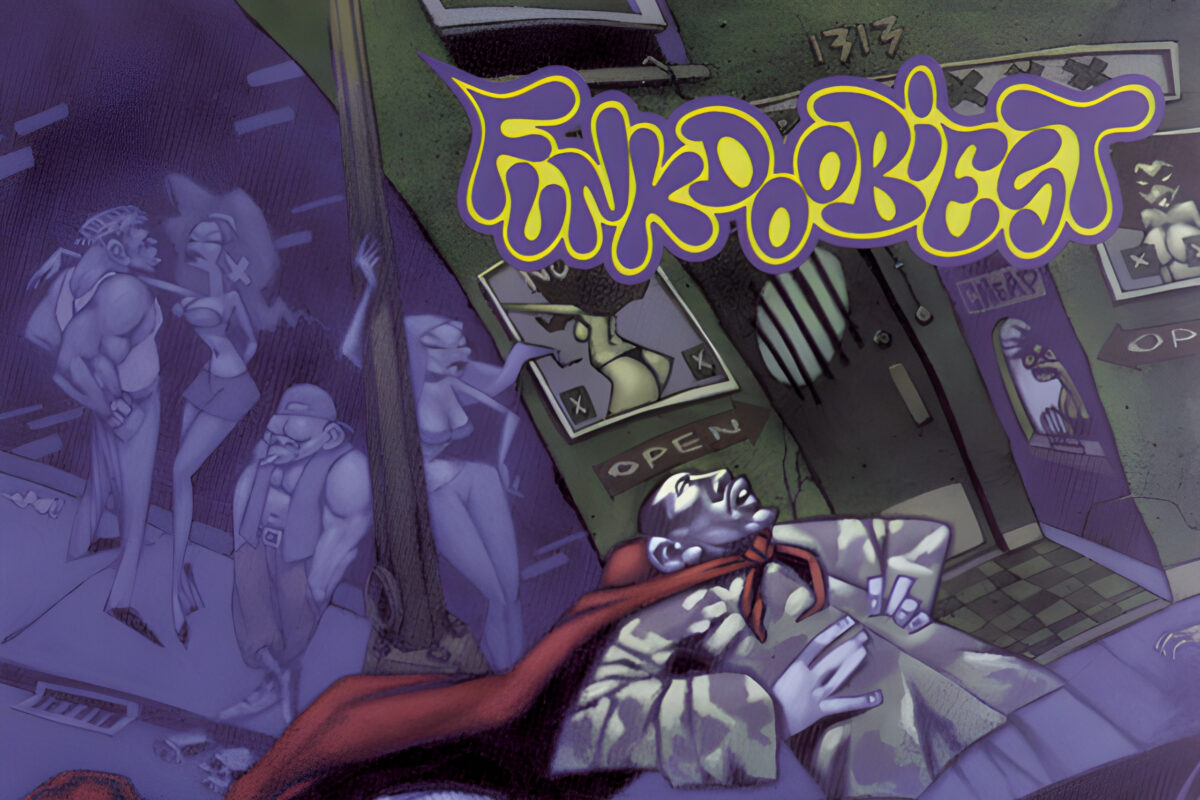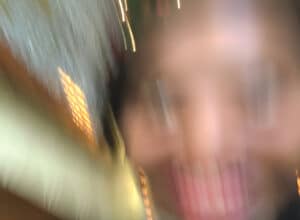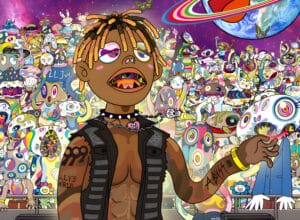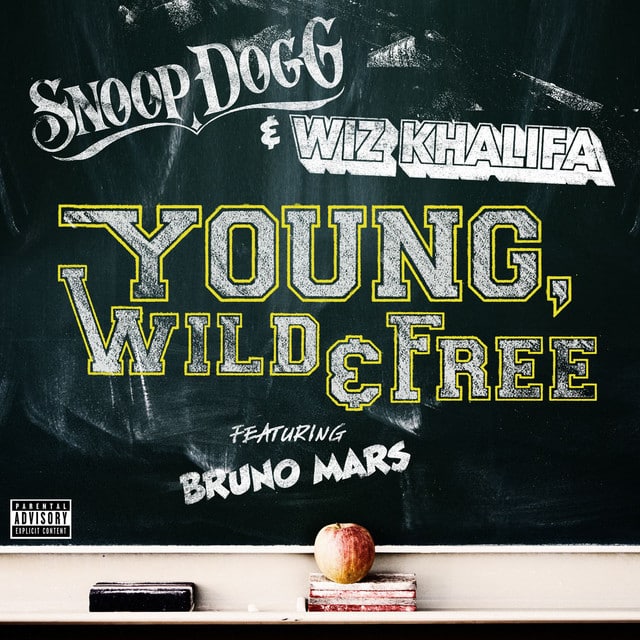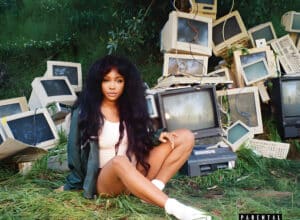Released: 1993
Funkdoobiest’s song “I’m Shittin’ On ‘Em” is a playful display of lyrical prowess, packed with vivid imagery, cultural references, and an unrestrained braggadocio that’s central to hip-hop’s identity. This track blends humor, swagger, and pop culture nods, reflecting the rapper’s confidence in his skills and unique style.
The hook of the song—”Son, get it funky (I’m shittin’ on ’em, shittin’ on ’em)”—is repeated multiple times and serves as a self-assertive mantra. Here, “shittin’ on ’em” signifies Funkdoobiest’s dominance over his peers and critics. By repeatedly affirming his own superiority, he seeks to ensure that listeners understand his place atop the hip-hop hierarchy.
In the opening lines, “I can do the somber / Like in November / Then rock a crowd while I’m in my pajamas,” Funkdoobiest introduces his versatility. He can switch moods and settings seamlessly—November, often a gloomy month, represents a somber tone that he can effortlessly move away from to entertain and engage a crowd, even if he’s just in his sleepwear. The reference to Tito Puente and “muy caliente” further highlights his dynamic stage presence and charisma, asserting his own hotness or excellence in performance.
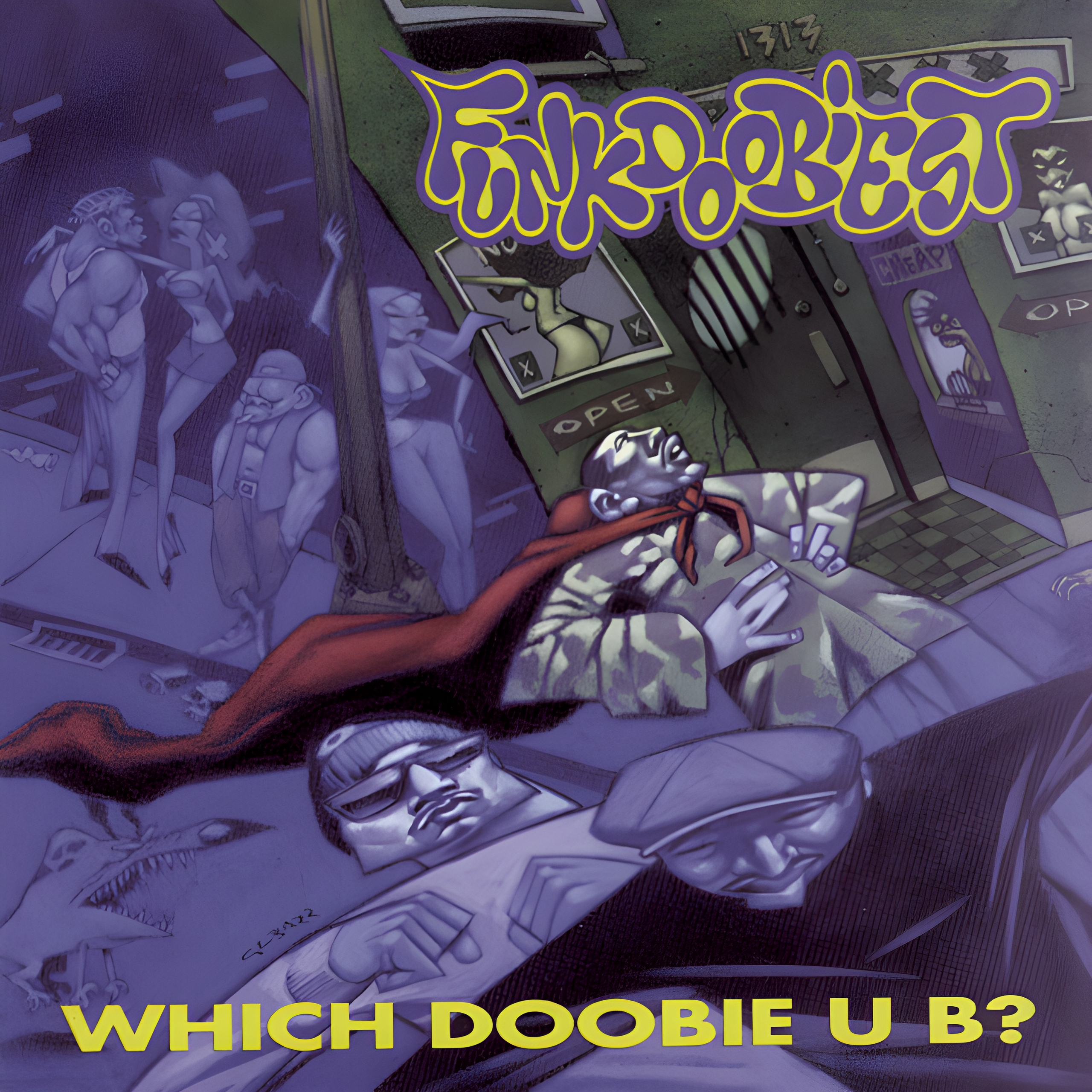
The line “Fuck Kunta Kinte / Cuz Son is the sensei” juxtaposes cultural references to illustrate his superior lyrical abilities. Kunta Kinte, a symbol of resilience and history, is placed in contrast to Funkdoobiest’s claim to mastery in the craft. By referring to himself as the “sensei,” he elevates his stature in the hip-hop arena.
In “I funk with the black belt / You better step back hell,” he likens his musical skill to a black belt in martial arts—a mark of expertise and respect. “Get Smart / Just like Agent Maxwell” uses a popular television character, Agent Maxwell Smart, known for his mix of cleverness and comic incompetence, adding a layer of humorous bravado to his verses.
The reference to “Hey hey we’re the Monkees” brings a nostalgic and slightly self-deprecating angle to his persona. While Funkdoobiest portrays confidence, comparing himself to the Monkees, a band known for their pop sound rather than deep lyricism, implies he doesn’t take himself too seriously—showcasing the ability to entertain without pretension.
He further showcases his multifaceted talent with “I can get symphonic / Like Harry Connick / Or the Philharmonic / I’ll drop atomic.” These lines cleverly blend musical genres and references, illustrating how he can transcend conventional boundaries and inject explosive energy into his performance. By invoking “atomic,” there’s an emphasis on the powerful impact of his vocal delivery.
The verse “I sing like Sarah Vaughn / But like the underground” presents an interesting contrast between the revered jazz singer Sarah Vaughan and the gritty, unpolished world of underground hip-hop. By claiming affinity to both, Funkdoobiest positions himself as a bridge between high art and street-level credibility.
In the segment “Row, row your boat / Gently down the street,” he takes a familiar children’s nursery rhyme and twists it with street savvy and braggadocio. His “funk doobie team” symbolizes his loyal crew, emphasizing unity and dominance in the scene.
Closing with references to Sinatra and maracas, “I shoobee-do-pop / Hip hop like Sinatra / I spray my Binaca / Then shake my maracas,” Funkdoobiest fuses genres with flair. By likening his hip-hop style to the crooning of Sinatra and infusing it with vibrant, Latin-infused energy, he further defines his signature sound—a diverse and inclusive take on musical tradition, cementing his position as an innovator in hip-hop’s evolving landscape.
